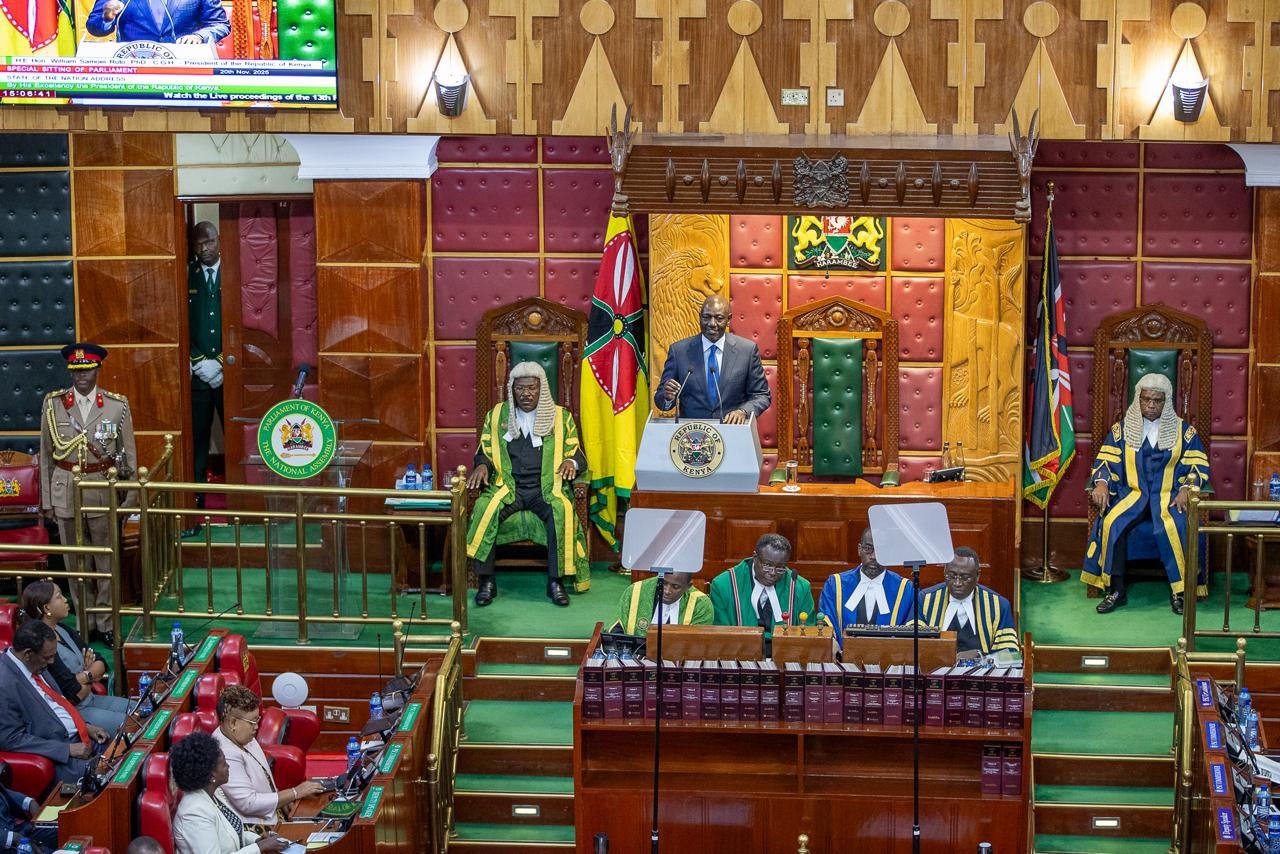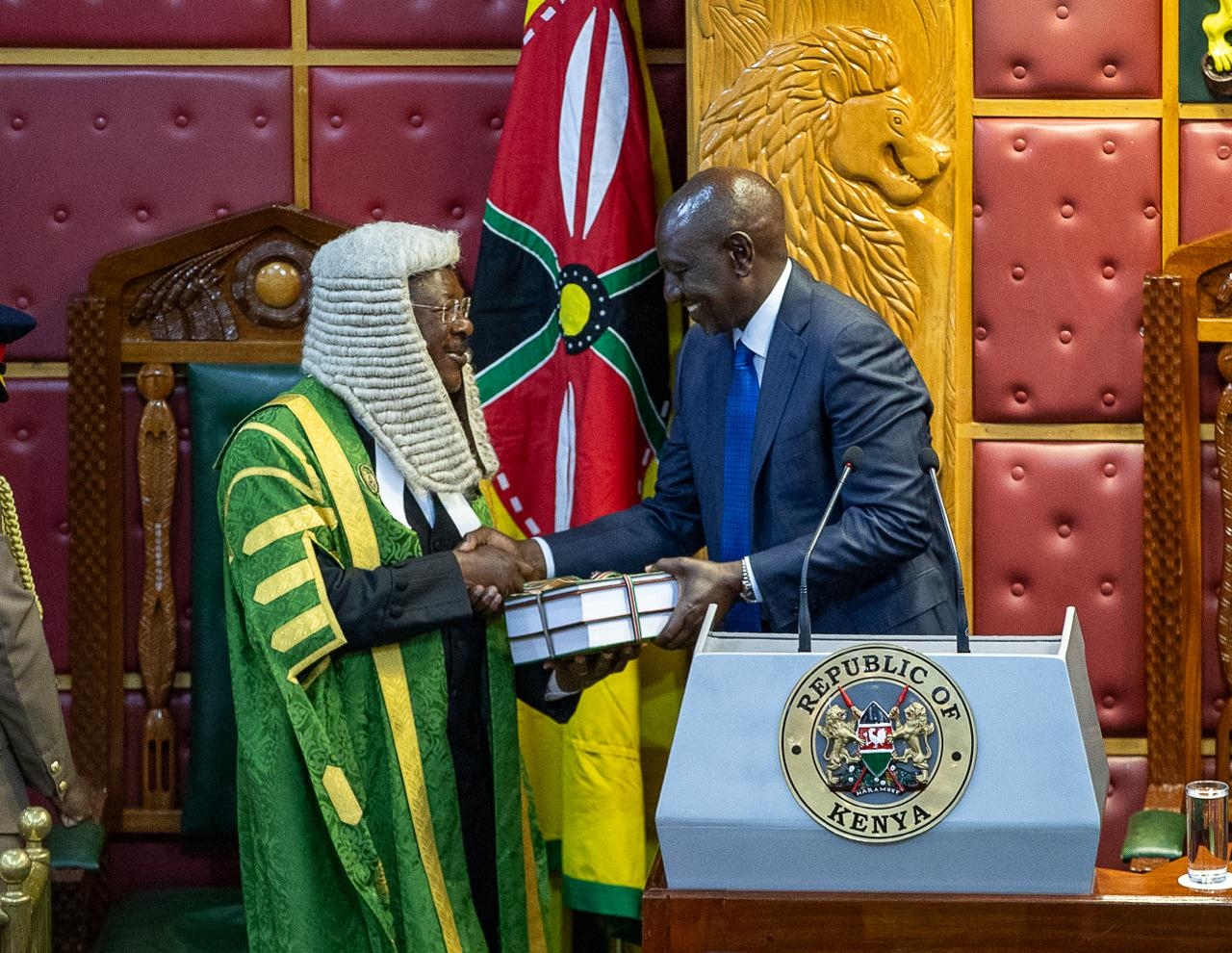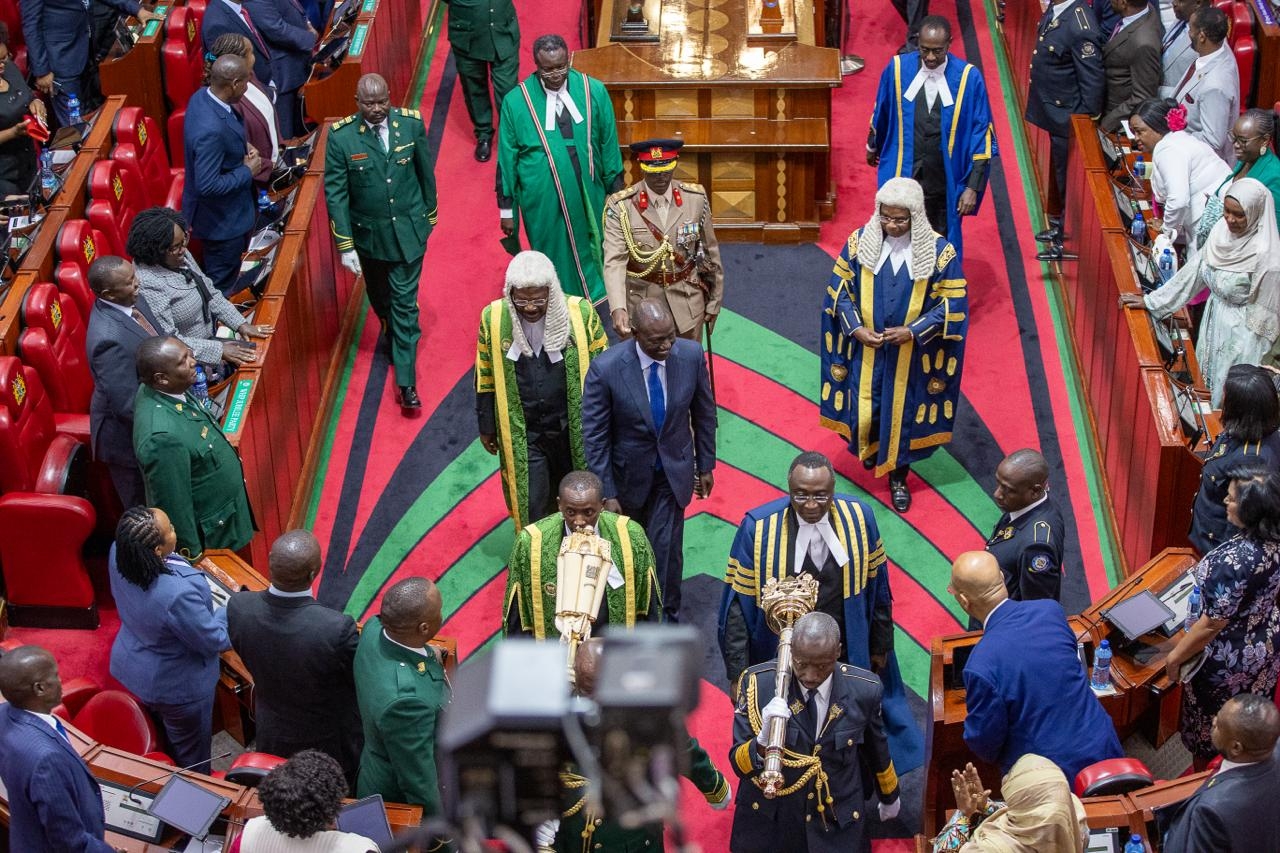Foreign companies have been accused of illegally exporting enzymes from Lake Bogoria in Baringo county.
Members of the Endorois minority community who live near the lake said the companies conducting the research did not contact them before the exercise began.
Wilson Kipkazi, an Endorois leader, told the Star in an interview that the companies kept them in the dark.
"We discovered through the media that global corporations had made millions of dollars from genetic materials harvested from Lake Bogoria. This has disappointed the community."
He said foreigners profited handsomely from the lake while locals continued to wallow in poverty day after day.
In 1992, a researcher from a British institution illegally collected microorganisms from the lake and sold them to firms in the Netherlands and the United States.
The government sued the corporations for failing to share the financial benefits of their advances with Kenya.
In 2004, the Kenya Wildlife Service went to court seeking a part of hundreds of millions of dollars made from the sale of a popular detergent and bleaching agent manufactured in the United States.
The active ingredients were unlawfully extracted from the lake.
Julius Kipng'etich, the then director of KWS, convened a task force to investigate reports that British companies producing enzymes in the UK earned more than Sh800 billion, which was not reinvested in the country.
The Endorois community complained that the lake, known for its hot springs and geysers, had been a target of alleged theft since the 1970s.
They contend that dishonest lake officials worked with outsiders to transfer the enzymes.
The locals are now requesting Baringo county to disclose all funds received from the enzyme royalties agreement.
Researchers found an unusual diversity of bacteria and other microorganisms in Lake Bogoria, which provided the raw material for the production of cleaning products and antibiotic enzymes.
Little creatures such as those in the lake serve as the foundation for the multibillion-dollar worldwide biotech sector.
The Endorois people, who have lived next to Lake Bogoria and taken care of it for centuries, attach great spiritual and cultural value to the water body.
However, they have just recently realised they are sitting on a possible gold mine.
The Endorois found themselves in the headlines following a historic decision by the African Commission on Human and People's Rights in 2010 that denounced the community's eviction from their ancestral territory near Lake Bogoria.
On February 4, 2010, the Commission found that the displacement of Endorois from their ancestral land for tourism development violated their human rights
The Kenyan government had evicted the community from their houses near Lake Bogoria in the 1970s to make room for the national reserve and tourism amenities.
The commission ordered the government to pay the Endorois and return them to their original lands.
















![[PHOTOS] Betty Bayo laid to rest in Kiambu](/_next/image?url=https%3A%2F%2Fcdn.radioafrica.digital%2Fimage%2F2025%2F11%2F3b166e2e-d964-4503-8096-6b954dee1bd0.jpg&w=3840&q=100)
